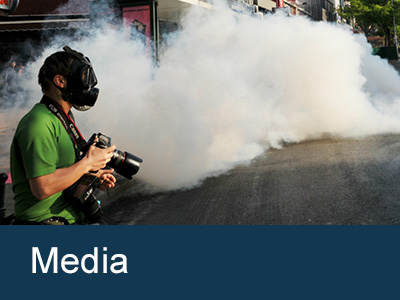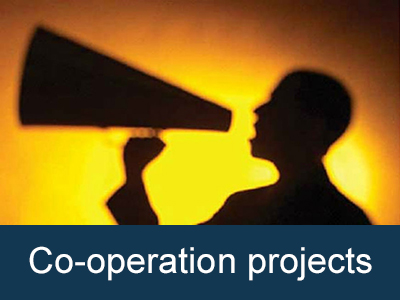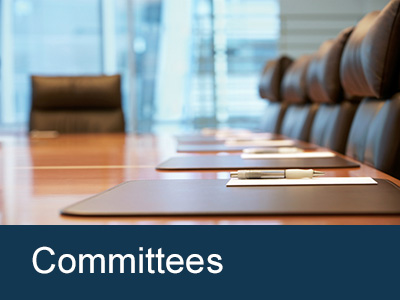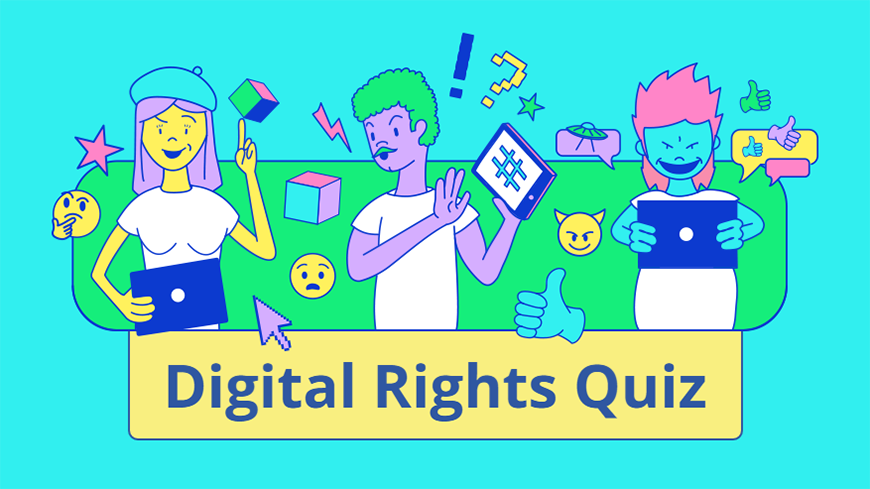A report published today by the Council of Europe examines the way in which dis-information campaigns have become widespread and, heavily relying on social media, contribute to a global media environment of information disorder.
Whilst acknowledging that the direct and indirect impacts of “information pollution” are difficult to quantify, the report provides a conceptual framework and a structure for dialogue about information disorder by policymakers, legislators and researchers. It contains 35 recommendations to relevant stakeholders such as technology companies, national governments, media, civil society, and education ministries to help them identify suitable strategies to address the phenomenon.
The report “Information Disorder: Toward an interdisciplinary framework for research and policy making” was commissioned by the Council of Europe in response to the growing concerns in member states about the long-term implications of dis-information campaigns that are designed specifically to sow mistrust and confusion, and to sharpen existing sociocultural divisions by exploiting nationalistic, ethnic, racial and religious tensions.
The report was written by Claire Wardle, Executive Director of First Draft and Research Fellow at the Shorenstein Center on Media, Politics and Public Policy at the Harvard Kennedy School, and writer and researcher Hossein Derakhshan.
The authors identify three different types of “information disorder”: mis-information, when false information is shared, but no harm is meant; dis-information, when false information is knowingly shared to cause harm; and mal-information, when genuine information is shared to cause harm, often by making public information designed to stay private. They actively refrain from using the term “fake news”, arguing that it fails to describe the complexity of the “information pollution” phenomenon, and that it is being used by politicians around the world to describe news that they find disagreeable.
Widespread “information pollution”, the report argues, has been triggered by a complex web of motivations for creating, disseminating and consuming these polluted messages, an enormous variety of formats and techniques for amplifying them, the existence of innumerable platforms for hosting and reproducing this content, and by the speed in which this information is shared by individuals in their social circles.
Claire Wardle said: “What we are witnessing is something completely new: disinformation campaigns, often playing with people´s emotions, spreading at great speed with a potential to have an enormous impact on society. To fight misinformation, simply pushing out more factual information, without understanding the emotional and ritualistic elements of communication, could be a complete waste of time.”
Hossein Derakhshan underlined that “whilst fact-checking and debunking initiatives are indispensable, rumors and conspiracy need to be fought with engaging and powerful narratives that leverage the same techniques as dis-information. Effective strategies should include provoking an emotional response, repetition, a strong visual aspect and a powerful narrative”.
The report provides a round-up of related research and practical initiatives, and stresses the need for additional research, including about the way humans make sense of and use information in their lives. It also stresses the risk that in the near future audiences may have little trust in the information they find online.
Information Disorder: Toward an interdisciplinary framework for research and policy making











